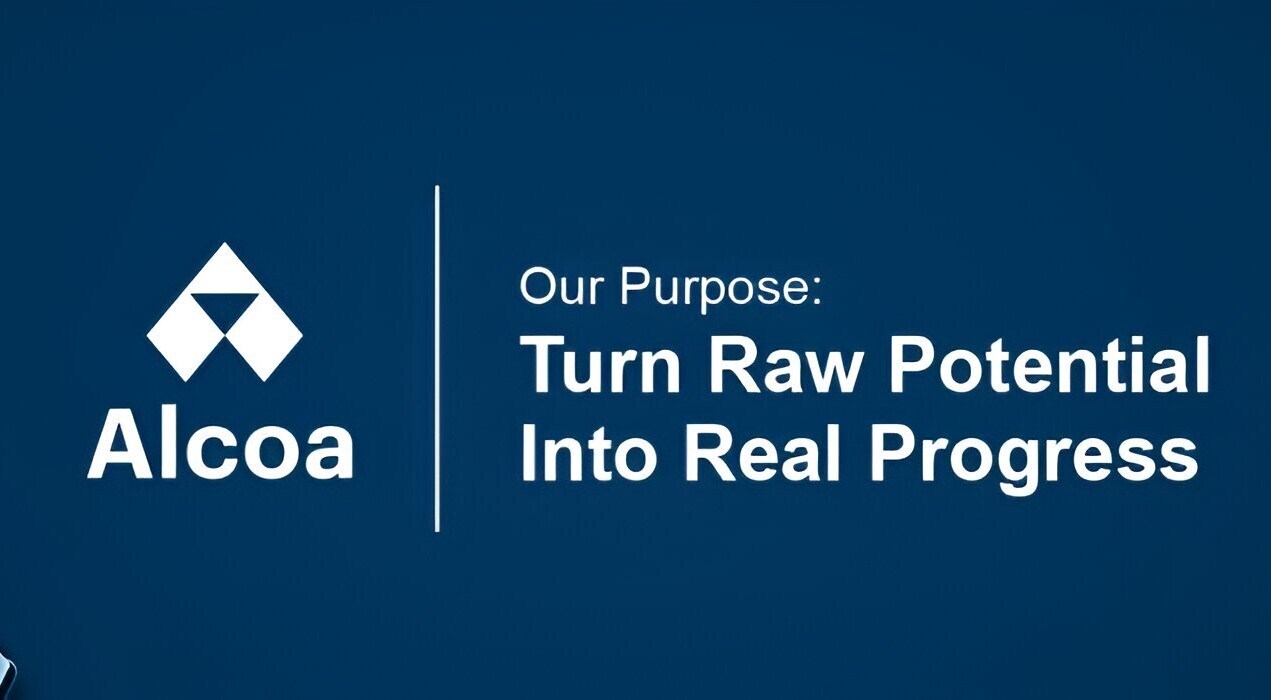

Alcoa’s stock came under pressure on Tuesday after Chief Executive William (Bill) F. Oplinger alerted that President Donald Trump’s steep tariff regime risks making aluminium prohibitively expensive and deflating demand for domestically produced steel and aluminium. Shares of the Pittsburgh-headquartered producer slid 3.4 per cent in regular trading, though retail sentiment on Stocktwits remained broadly bullish, with chatter on the counter spiking 67 per cent in the past 24 hours.

Image source: https://www.linkedin.com/in/bill-oplinger/
Also read: Alcoa’s Q1 2025 performance displays stable 26% EBITDA growth amid first phase of tariff pressure
In a recent media interview, Oplinger said aluminium prices in the United States have surged under Trump’s tariff framework, which doubled duties on imports from 25 per cent in March to 50 per cent in June, framed by the White House as a national security imperative and a lever to boost domestic output. According to the Alcoa chief, the higher levy will cost the company around USD 850 million annually, a burden that will ultimately be passed on to American consumers and shareholders unless the policy is recalibrated.
“It’s hard to envision a situation where aluminium [tariff] is systematically 50 per cent more in the US without some type of demand destruction,” Oplinger remarked, noting that he has begun outreach with Washington and international governments to highlight the distortions the tariffs are creating. He flagged that US buyers initially drew down on imported inventories before tariffs escalated, but are now sourcing metal primarily from Canada and other jurisdictions.
Now, if the two incidents are interrelated or a mere coincidence, only time will tell.
The shockwaves extend beyond Alcoa. Rio Tinto has already guided to a USD 300 million annual hit tied to the tariff drag on its Canadian aluminium exports. The broader aluminium trade, meanwhile, is grappling with elevated costs, reduced export competitiveness, and supply-chain realignments that run counter to Washington’s objective of shoring up domestic production.
Despite the policy headwinds, some retail traders remain undeterred, citing a favourable technical “setup.” However, Alcoa’s stock is down more than 17 per cent year-to-date on falling exports and tariff-induced cost pressures. Shares ticked marginally higher in after-hours trading.
Also read - American Aluminium Industry: The Path Forward
Responses








